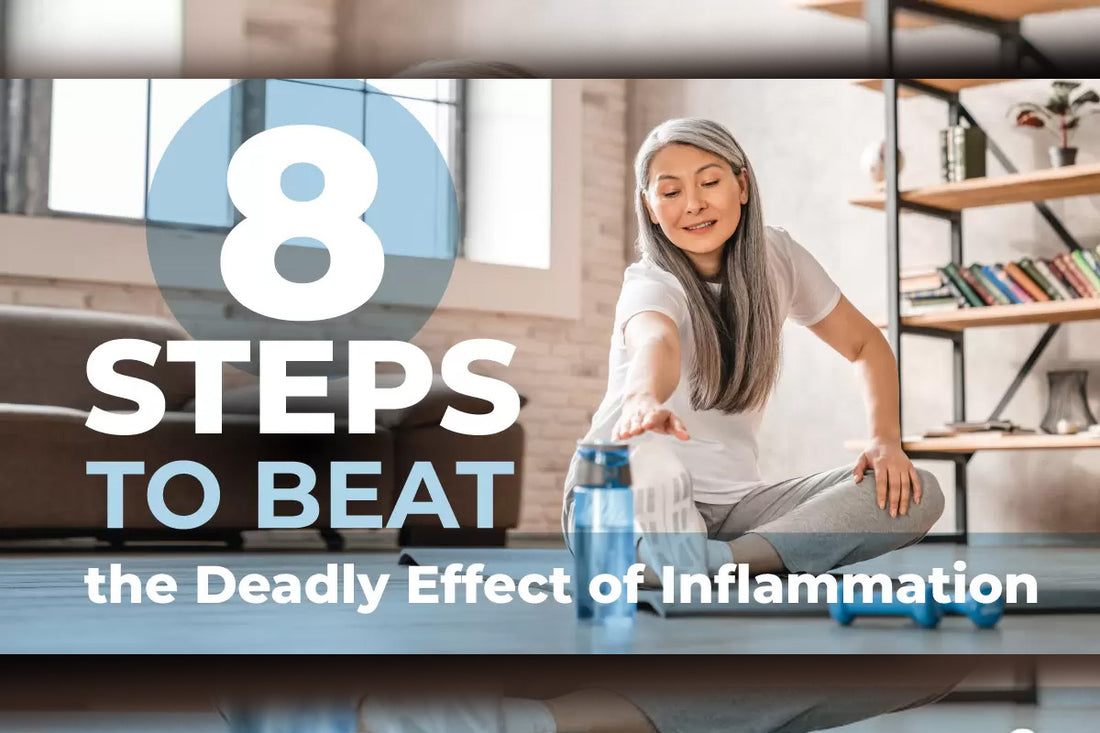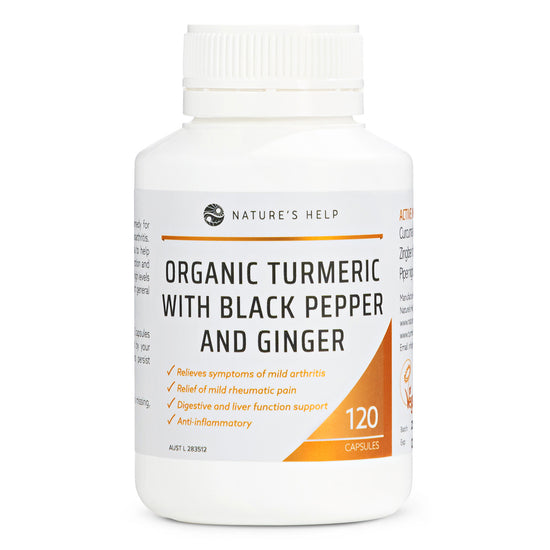The deadly effect of inflammation occurs in the data. 3 out of 5 people in the world die from a disease attributable to inflammation. There are more than 80 autoimmune diseases, caused by inflammation, that are considered life-altering.
Your body has a natural defence system, reacting to injury or illness by enacting an inflammatory response to kill the invading virus or bacteria, by producing a B cell that secretes autoantibodies. The injured area will swell and become red as white blood cells rapidly amass to fight the infection and bind to cytokines.
Trouble arises when the B cells proliferate, making autoantibodies that attack creating the autoimmune response that triggers autoimmune diseases. Instead of just healing, the inflammation persists. When inflammation heals injuries, this is your system working as it should do. But when your internal body system goes haywire, issues develop such as arthritis, asthma, cancer, diabetes, heart disease, cognitive decline, fatty liver and many more. Chronic inflammation can strike any part of the body.

Chronic inflammation begins without an obvious cause. The immune system is activated and doesn’t stop. It is distinguished by continual increases in inflammatory proteins throughout your body, leading to health damaging conditions and major disease. Usually, people do not realise they have chronic inflammation until it is too late to reverse it. But risk can be reduced by behavioural change.
- DIET: While diet plans are not grounded in science, many studies suggest refined carbohydrates tend to increase inflammation. Avoid fried food, sugar, fizzy drinks, white breads, pasta and pastries. Eat plenty of fruits, nuts and vegetables.
- EXERCISE: Low impact exercise such as walking, and swimming can lower inflammation levels.
- CONTROL YOUR WEIGHT: Researchers confirm that abdomen fat cells secrete molecules and chemicals that increase inflammation and stimulate immune cells. It is a delicate balance. Fat cells can produce cytokines and if you keep feeding the fat cells, it attracts inflammatory macrophages.
- 7 – 8 HOURS SLEEP: Everyone agrees that you need 7-8 hours of continual sleep. If it is not adequate, this deprives you of energy and can elevate inflammation. Your body does a lot of healing while you sleep, with numerous chemical processes taking place to revitalise your body for the next day. Fighting Inflammation uncovers simple steps to assist your sleeping routine.
- STOP SMOKING: Cigarette smoke encourages inflammation in your airways and lungs. It appears that nicotine activates neutrophil white blood cells, which then release inflammatory molecules.
- LIMIT ALCOHOL INTAKE: Alcohol causes inflammation in the intestines, as suggested by recent research. Alcohol increases the movement of lipopolysaccharide (LPS) from the gut into your system. LPS then binds to macrophages, leading to the creation of inflammatory cytokines.
- STRESS: Chronic stress can initiate inflammatory development. This can give rise to anxiety issues, PTSD, depression and fatigue. Stress is known to increase cortisol levels and other hormone imbalances. Cortisol is like your inbuilt alarm system. Your hypothalamus and pituitary glands sense if your blood contains the right amount of cortisol. If your body is under constant stress and producing high cortisol, then your body can shut down functions such as your digestive and immune systems.
- CURCUMIN: The key active ingredient in turmeric, a spice that has been used for centuries as medicinal, curcumin is renowned for its anti-inflammatory properties. Ingesting turmeric increases the bioavailability of curcumin and by adding black pepper to the mix, the bioavailability dramatically increases. Purchase top quality organic turmeric from Turmeric Australia.com.au.

Experts believe that chronic inflammation is the main cause of oxidative stress, which is a discrepancy in the making of free radicals – molecules that damage healthy tissue. And an imbalance of antioxidants that clean up and nullify waste products. All this process can harm DNA.
Vanderbilt University researchers have studied inflammation for three decades. The experts at Harvard Medical School have just published Fighting Inflammation – a Special Health Report that clearly shows the risk that chronic inflammation presents to your health and well-being and exposes both the medical and lifestyle changes you can undertake.










